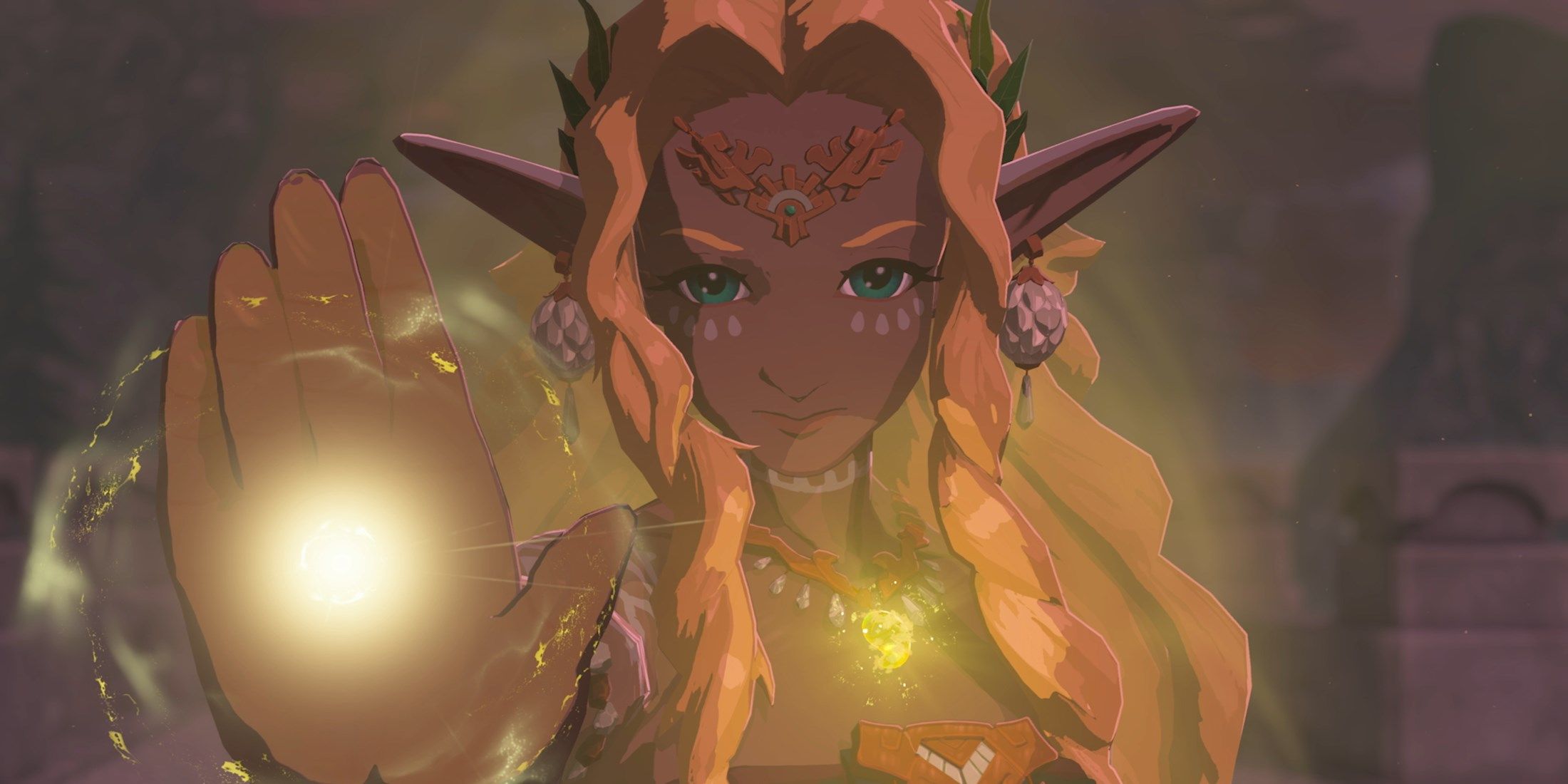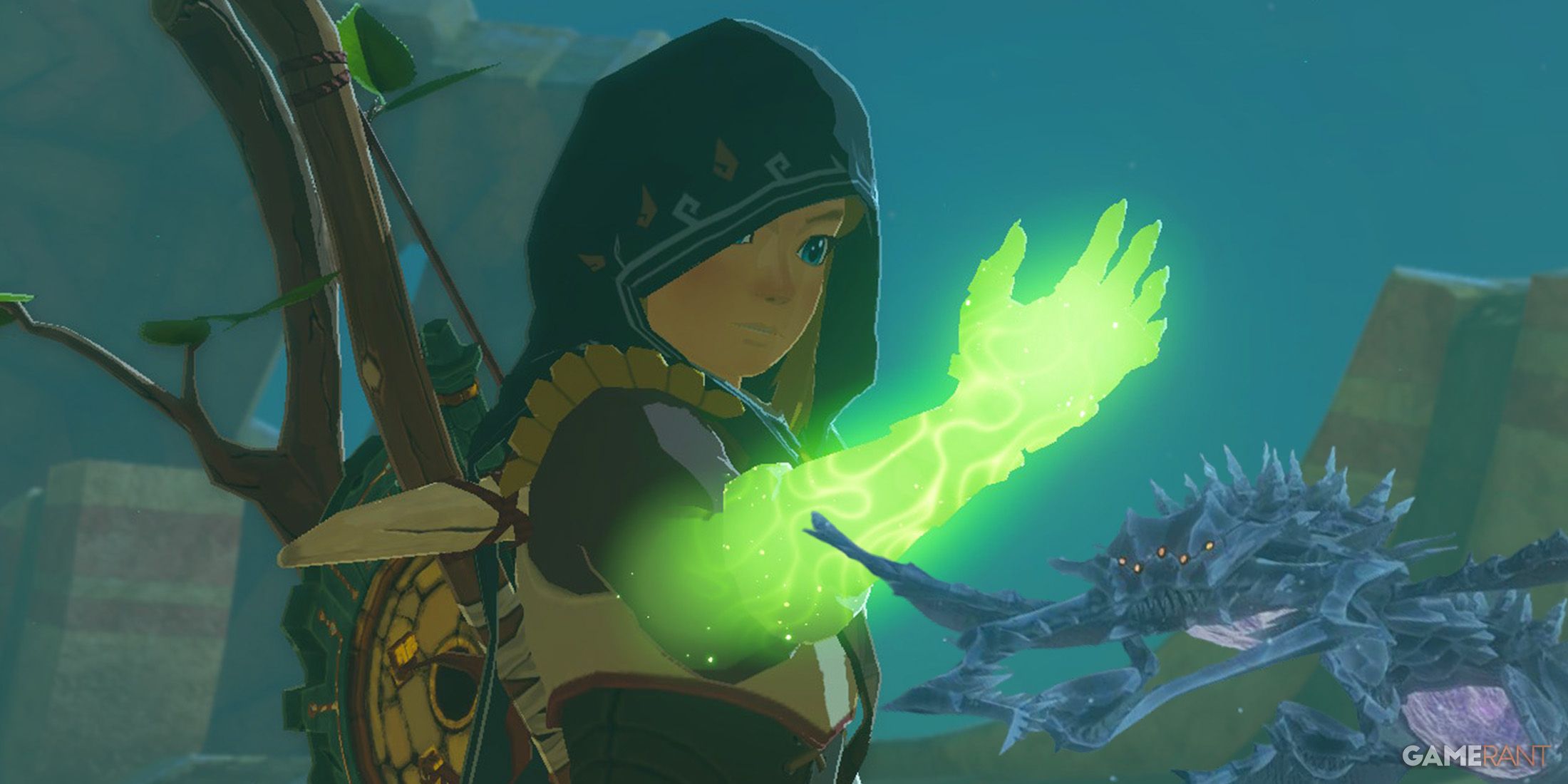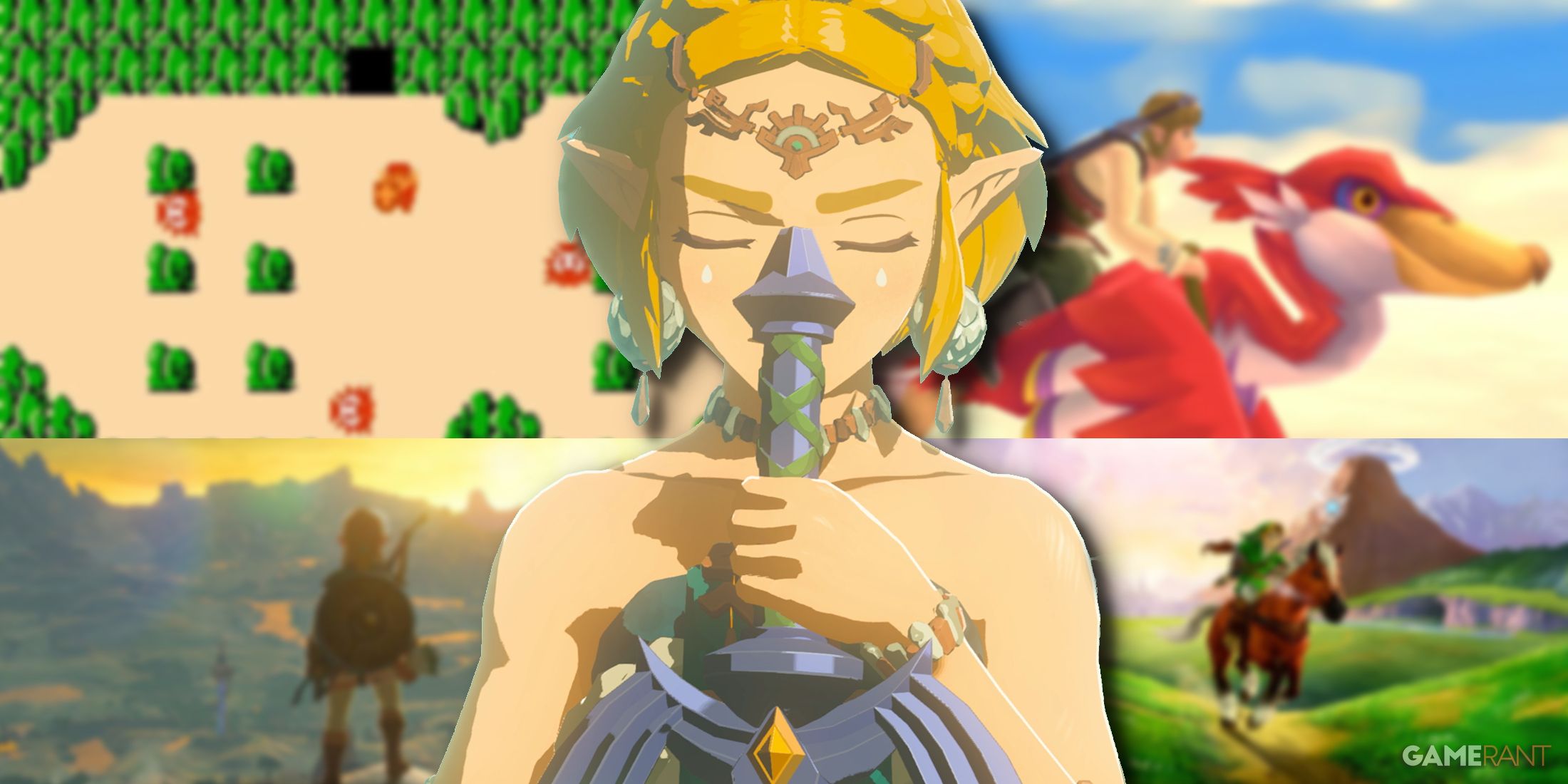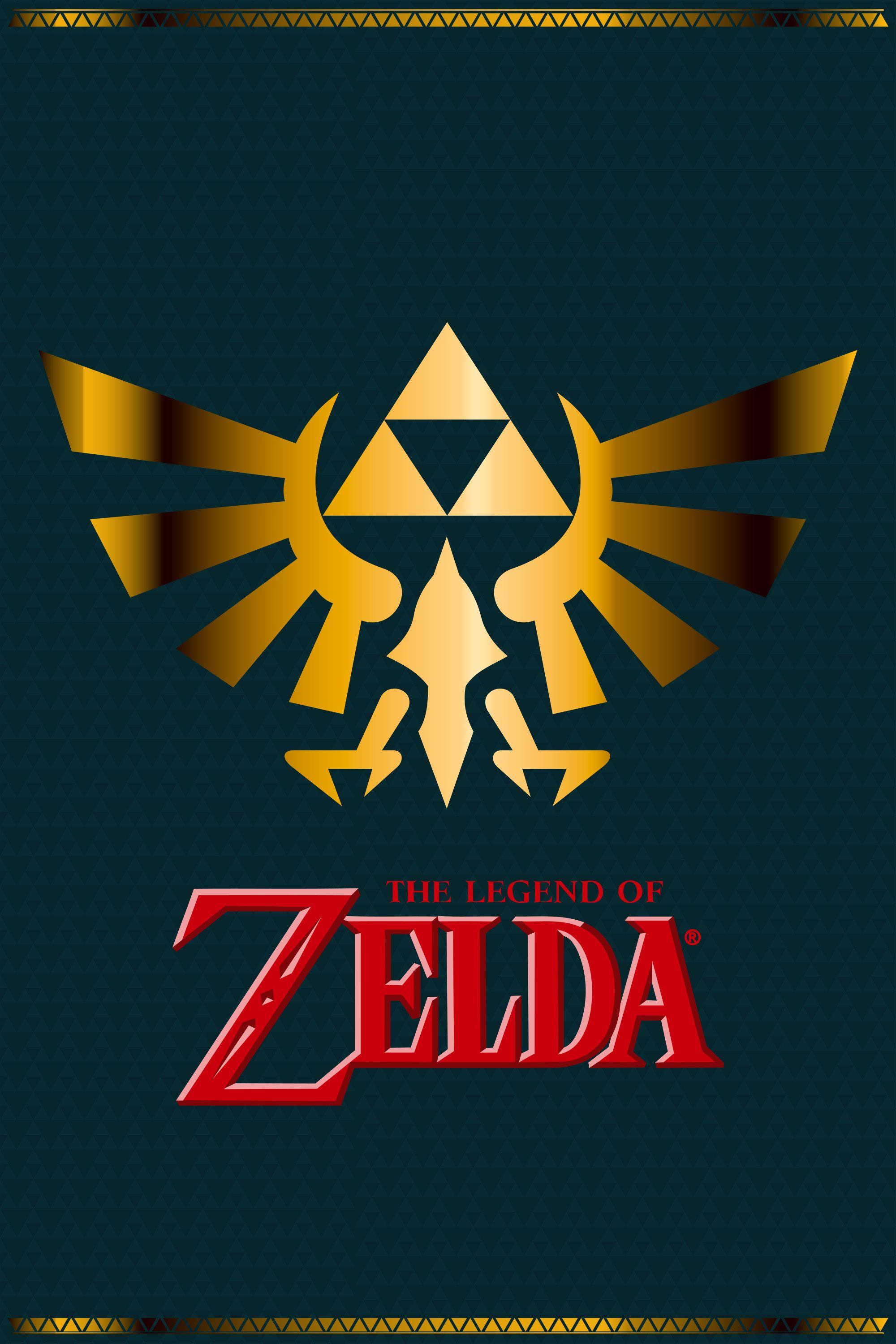Highlights
- The Legend of Zelda series has evolved from purely gameplay-focused adventures to featuring more story-driven narratives.
- Tears of the Kingdom introduced complex character work and a shift towards deeper storytelling.
- Future Zelda titles may focus on exploring mature and complex narratives further, building on Tears of the Kingdom's foundation.
The Legend of Zelda franchise has long been a pioneer in the realm of gaming. From the original title’s release in 1986 to 2023’s The Legend of Zelda: Tears of the Kingdom, Nintendo’s legendary series has introduced some of gaming’s most profound, boundary-pushing, and controversial leaps in gameplay innovations. However, recent titles have steadily shifted toward a new focus, which has long been absent from the Zelda franchise. While gameplay has long taken the spotlight during players' adventures in Hyrule, Tears of the Kingdom sets the Zelda series up for one tonal shift.
The Legend of Zelda franchise is a collection of adventures that take place across various eras and timelines in the Kingdom of Hyrule. These adventures follow a fresh iteration of a mythical hero, Link, as he searches for, rescues, or assists that period’s Princess Zelda in thwarting a malevolent evil. While this classic set-up has long formed the backbone of Zelda’s narratives, exploration, combat, and game design have long been the series’ main draw. However, the interconnected nature of Tears of the Kingdom and its predecessor, Breath of the Wild, have set the stage for a shift toward deeper and more meaningful narratives.

A Playable Princess Zelda Should Be Half Tears of the Kingdom, Half Spirit Tracks
The Legend of Zelda has long relegated Zelda to the background, but Spirit Tracks and TOTK hold the blueprint for her future as a playable heroine.
The Modern Zelda Franchise is Known for its Gameplay Innovations
Since The Legend of Zelda’s earliest days, nearly every entry has raised the bar for what can be accomplished in video game design. This trend skyrocketed after the series’ jump to 3D exploration in Ocarina of Time, which introduced players to a host of new and updated mechanics, including multi-level dungeon puzzles, environment manipulation, time manipulation, and context-sensitive buttons. Each subsequent release pushed the boundaries even further, introducing features such as sea traversal, transformations, flying mounts, and multiple landscapes or maps. However, the series’ biggest leap arrived with the release of 2017’s The Legend of Zelda: Breath of the Wild.
Breath of the Wild brought The Legend of Zelda franchise into the modern age, thrusting Link into a sprawling open-world adventure rife with modern gameplay features and exploration mechanics. Players could equip Link with a host of weapons, shields, and armor, changing his stats and taking advantage of Hyrule's various environments. Combat itself was tailored towards a more modern feel, with the title introducing perfect dodges, flurry rushes, perfect blocks, and more. Breath of the Wild’s narrative was non-linear, with players exploring various areas to prepare Link for his assault on Hyrule Castle, learning more about the past and present along the way. However, those brave enough to head straight for the castle could do so, taking on Ganon as soon as they were ready. The title’s sequel, Tears of the Kingdom, followed this trend, introducing Zonai devices, but the title's groundbreaking addition came in the form of its storytelling.
Tears of the Kingdom Proves It’s Time for a Change in Focus
The Legend of Zelda: Tears of the Kingdom succeeded in delivering a complex action-adventure in line with its predecessor, but one area it surpassed all others in was its complex characters. Tears of the Kingdom featured some of the most essential character work that the Zelda franchise has ever seen, particularly for Zelda herself. Whereas previous Zelda titles featured a few complex characters, often Link, Zelda, and Ganondorf, Tears of the Kingdom spent considerable time exploring the lives and motivations of the Sages, the Zonai, and the original Ganondorf, before introducing a plan to ultimately defeat him centuries in the making. While Tears of the Kingdom proved itself a capable and modern action-adventure title, it more outrightly proved that the series is ready for a shift in tone.
Following decades of gameplay innovations, The Legend of Zelda: Tears of the Kingdom sets the stage for a shift toward more story-driven entries, moving forward. While fun and interesting mechanics will always be a part of the Zelda franchise, the time has come for a shift in tone. Future Zelda titles are ready to explore more mature and complex narratives, building on the profound character work from Tears of the Kingdom. According to recent rumors, Nintendo may already be preparing the first entry in a more story-driven Zelda series, as May 2024 saw rumors of a Zelda-led title being in development. While these rumors remain unsubstantiated, fans eager to learn more should keep an eye on this Summer’s gaming presentations and Nintendo Directs, as the next The Legend of Zelda entry may make a surprise appearance.




